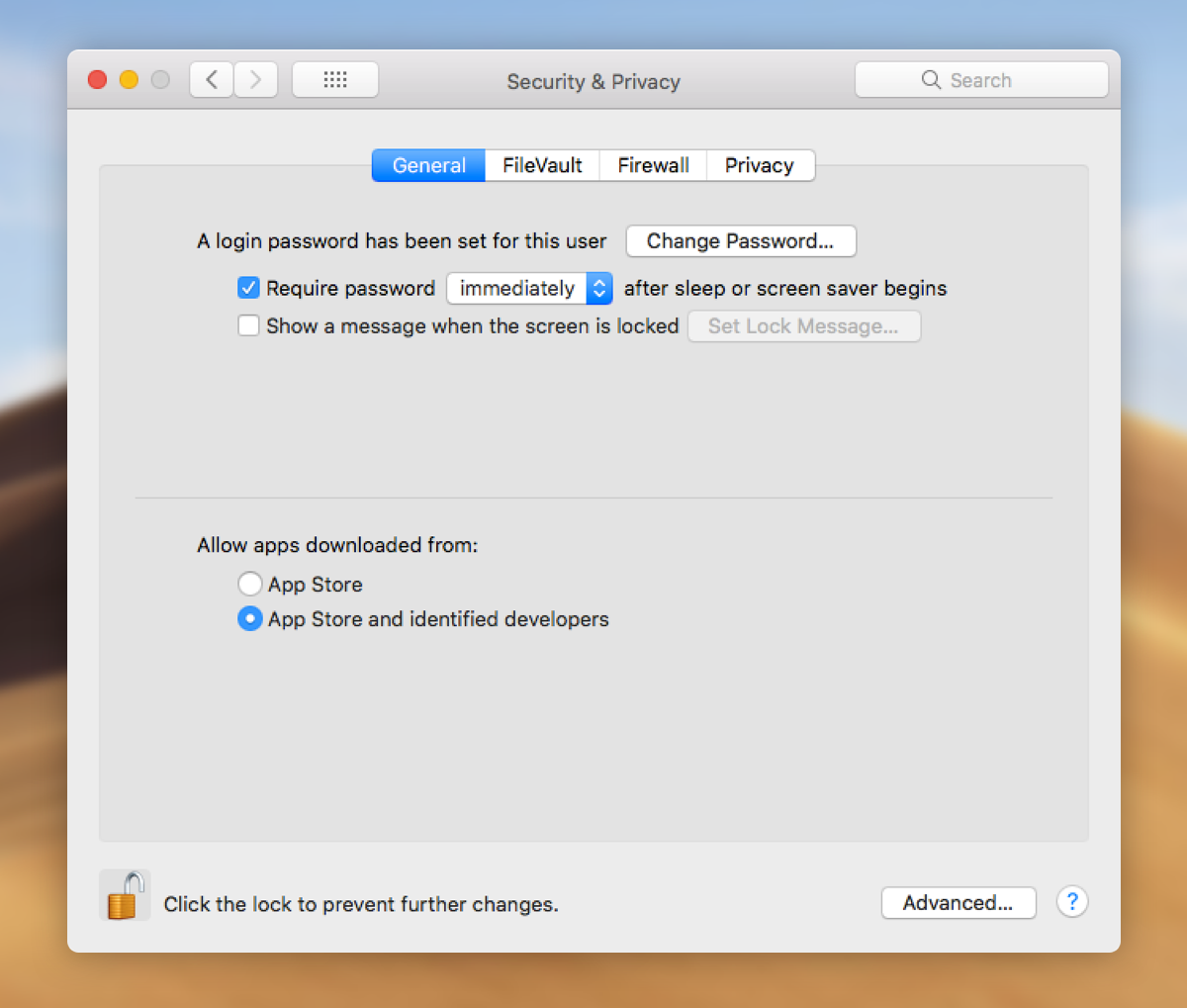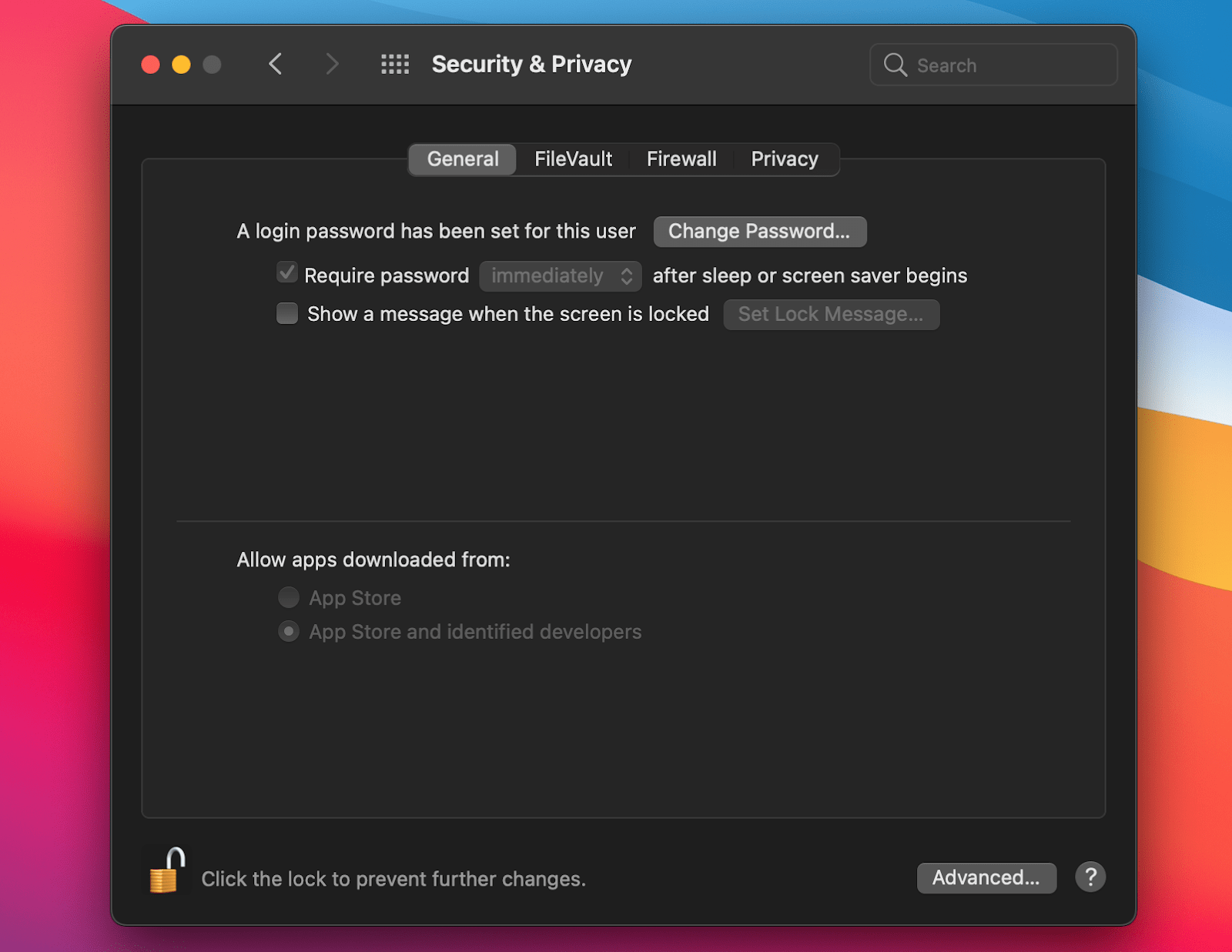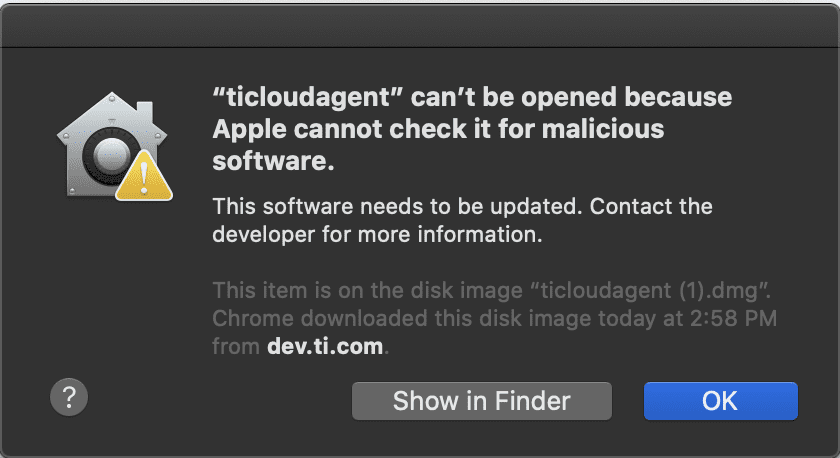
- #CHECK FOR VIRUS ON THE MAC HOW TO#
- #CHECK FOR VIRUS ON THE MAC UPDATE#
- #CHECK FOR VIRUS ON THE MAC PROFESSIONAL#
Unfortunately, this pop-up is fake and merely used to infiltrate browser hijackers, such as Any Search Virus.
#CHECK FOR VIRUS ON THE MAC UPDATE#
Those who report that they have been infected with this PUP claim that they were tricked - a very legitimate-looking pop-up claimed that they need to update their Adobe Flash Player. Similarly, you might get infected with weknow.ac virus or Tapufind. Both methods try to secretly infiltrate this browser hijacker by taking advantage of unsuspecting computer users. The main distribution source of potentially unwanted programs (PUPs) is either fraudulent Adobe Flash update pop-ups or freeware bundles. You can find this PUP in fake Adobe Flash update pop-ups or freeware bundles
#CHECK FOR VIRUS ON THE MAC HOW TO#
You can learn how to remove AnySearchManager from Chrome Mac instructions at the end of this article or use a robust antivirus, such as INTEGO.

To the user: collects personal information, tries to lure into phishing and other scams, or purchase useless products. To the computer: causes slowdowns, and increases the risk of malware infections. Takes over the used browser and sets itself as the main search engine starts delivering promotional content, ads, and redirects to affiliate sitesĬomes as a fake Adobe Flash update pop-up or incorporated into freeware bundles

Our top choice is INTEGO as it also offers real-time protection from future cyber attacks.
#CHECK FOR VIRUS ON THE MAC PROFESSIONAL#
You can learn how to remove Any Search Manager from Chrome, Safari, and Mozilla by following the instructions at the end of this article.Īlthough, if you have tried to uninstall Any Search virus and it was unsuccessful, we recommend getting help from a professional malware removal software. Likewise, our security professionals encourage you to get rid of this browser hijacker as soon as you notice its presence. If you type personal information or credentials, the developers of the PUP gathers them and might share with third-parties. It means that if you click on them, it may trigger an installation of malware.įurthermore, browser hijackers may raise privacy concerns as they collect every entry from the fake search engine. Apart from that, the advertisements can carry a malicious code.

You can experience slowdowns even in the short-run. Keep in mind that the affected browser starts to crash from the amount of ads this browser hijacker delivers. Therefore, keeping this PUP on your computer significantly increases the risk of other cyber threats appearing on your system. Our Geek’s Advice team warns that pages where this browser hijacker leads you may offer low-quality products/services, try to lure you into a scam or even push malware infections. Additionally, it delivers skewed query results and redirects users to affiliate pages. Thus, people are forced to use a fake search engine. Unfortunately, it is exceptionally hard to uninstall Any Search Manager from Safari, Google Chrome, or any other browser. However, most people notice or set as their main search engines.Īny Search virus is a browser hijacker that sets a fake search engine on your computer. The landing page to which users are redirected might differ. Right after the infection, the affected browser is corrupted - this hijacker changes the primary search engine, and starts forcing users to use a fake one. Once it enters the system, this potentially unwanted application starts manipulating the settings on the browser.

The majority of people have reported that their computers got infected with this browser hijacker via fake Adobe Flash Player update pop-up or downloaded it in a freeware bundle. The potentially unwanted program target list includes Safari, Google Chrome, and Mozilla Firefox.


 0 kommentar(er)
0 kommentar(er)
